Hair Care After Brain Surgery: A 2025 Perspective
Related Articles: Hair Care After Brain Surgery: A 2025 Perspective
Introduction
In this auspicious occasion, we are delighted to delve into the intriguing topic related to Hair Care After Brain Surgery: A 2025 Perspective. Let’s weave interesting information and offer fresh perspectives to the readers.
Table of Content
Hair Care After Brain Surgery: A 2025 Perspective
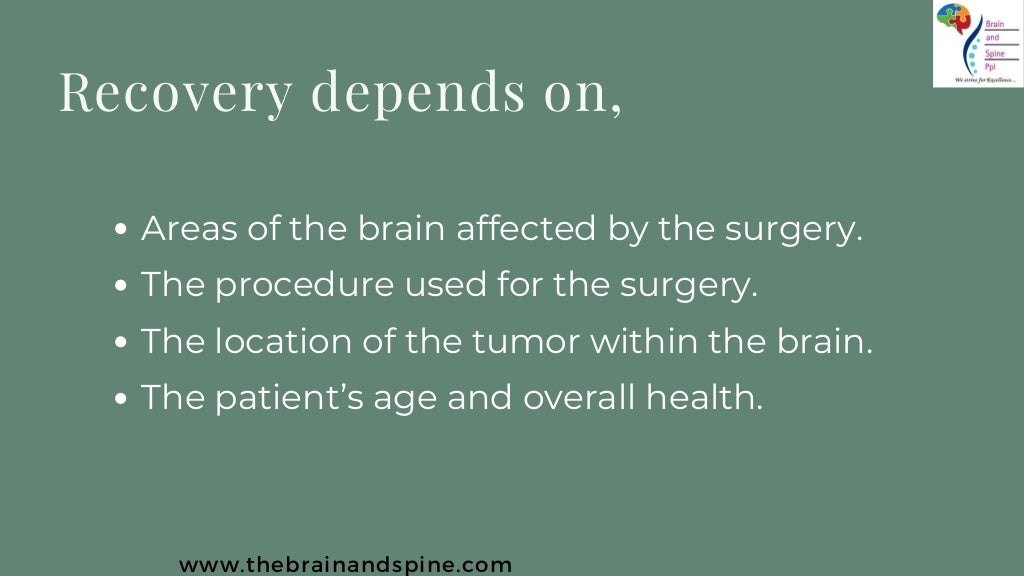
Brain surgery, while a life-saving procedure, can leave patients facing a range of challenges in their recovery. One often overlooked aspect is hair care. The impact of surgery, medication, and the stress of recovery can significantly affect hair health, potentially leading to thinning, breakage, and even temporary hair loss. This article provides a comprehensive guide to hair care after brain surgery in 2025, incorporating the latest advancements in medical understanding and hair care technology.
Understanding the Impact of Brain Surgery on Hair
Several factors contribute to hair changes following brain surgery:
-
Surgical Trauma: The surgical procedure itself can cause direct trauma to the scalp, leading to temporary or permanent hair loss in the area of the incision. The extent of hair loss depends on the size and location of the incision. Minimally invasive techniques, increasingly prevalent in 2025, minimize this risk.
-
Medication Side Effects: Many medications prescribed post-surgery, including corticosteroids (to reduce swelling) and anti-seizure drugs, can have hair loss as a side effect. These drugs can disrupt the hair growth cycle, leading to telogen effluvium – a temporary shedding of hair.
-
Stress and Anxiety: The emotional and physical stress associated with brain surgery and recovery can significantly impact hair health. Chronic stress can lead to hormonal imbalances, further contributing to hair thinning and loss.
-
Nutritional Deficiencies: Post-surgical recovery often requires dietary adjustments, and nutritional deficiencies can negatively affect hair growth. Malnutrition can weaken hair follicles, making them more prone to breakage.
-
Scalp Irritation: Post-operative dressings, incisions, and potential infections can irritate the scalp, making it sensitive and prone to dryness, itching, and inflammation. This can damage hair follicles and exacerbate hair loss.
Hair Care Strategies Post-Brain Surgery: A 2025 Approach
Effective hair care after brain surgery requires a multi-pronged approach focusing on gentle handling, scalp health, nutrition, and stress management. 2025 offers advanced techniques and products to aid in this process.
1. Gentle Handling and Scalp Hygiene:
-
Avoid Harsh Treatments: For several weeks after surgery, avoid any harsh treatments such as dyeing, perming, or straightening. These can further irritate the scalp and damage already weakened hair.
-
Gentle Washing: Use a mild, sulfate-free shampoo and conditioner specifically designed for sensitive scalps. Avoid scrubbing the scalp vigorously; instead, gently massage the shampoo into the hair and rinse thoroughly with lukewarm water.
-
Avoid Hot Styling Tools: Heat styling tools like hair dryers, straighteners, and curling irons can damage fragile hair. Air-drying is preferable, or use a low heat setting on a hair dryer with a diffuser attachment.
-
Protective Hairstyles: Opt for loose, gentle hairstyles that avoid pulling or tension on the hair. Avoid tight braids, ponytails, or buns, especially near the surgical site. Loose braids or scarves can be beneficial.
-
Scalp Massage (Post-Healing): Once the surgical site has fully healed, gentle scalp massage can stimulate blood circulation, promoting hair growth. Consult your doctor or physical therapist for guidance on appropriate massage techniques.
2. Addressing Scalp Irritation and Healing:
-
Wound Care: Follow your surgeon’s instructions meticulously regarding wound care. Keep the incision site clean and dry, using prescribed ointments or dressings as directed.
-
Anti-Inflammatory Treatments: If you experience scalp irritation or inflammation, discuss appropriate topical treatments with your doctor. Advances in 2025 might include targeted anti-inflammatory serums or creams infused with growth factors.
-
Hydration: Keep the scalp well-hydrated by using a leave-in conditioner or a scalp moisturizing serum. This helps to prevent dryness and itching.
3. Nutritional Support for Hair Growth:
-
Balanced Diet: A balanced diet rich in protein, iron, zinc, biotin, and vitamins A, C, and E is crucial for healthy hair growth. Consult a registered dietitian or nutritionist to develop a personalized meal plan.
-
Supplementation (Under Medical Guidance): If your doctor determines you have nutritional deficiencies, they may recommend specific supplements to support hair growth. Always consult your doctor before starting any new supplements.
-
Hydration: Adequate water intake is essential for overall health and hair growth. Aim for at least eight glasses of water per day.
4. Stress Management Techniques:
-
Mindfulness and Meditation: Practice mindfulness techniques or meditation to reduce stress levels. These can help to regulate hormones and promote hair health.
-
Yoga and Exercise: Gentle exercise, such as yoga or walking, can reduce stress and improve circulation, benefiting both physical and mental well-being.
-
Therapy and Support Groups: Don’t hesitate to seek professional help for stress management. Therapists and support groups can provide emotional support and coping strategies.
5. Advanced Hair Care Technologies in 2025:
-
Low-Level Laser Therapy (LLLT): LLLT devices are becoming increasingly popular for promoting hair growth. These devices use low-level lasers to stimulate hair follicles and improve blood circulation. Consult your doctor before using LLLT.
-
Platelet-Rich Plasma (PRP) Therapy: PRP therapy involves injecting platelet-rich plasma into the scalp to stimulate hair follicle growth. This is a more advanced treatment and should only be considered under the guidance of a dermatologist or hair restoration specialist.
-
Stem Cell Therapy: In 2025, stem cell therapy might be explored as a more advanced option for hair loss, particularly in cases of significant hair thinning or alopecia. This is a developing field, and its efficacy for post-surgical hair loss is still under investigation.
-
Personalized Hair Care Products: Advances in genetic testing and personalized medicine allow for the development of customized hair care products tailored to individual needs and hair types. These products may contain specific ingredients to address the underlying causes of hair loss.
6. When to Seek Professional Help:
If you experience excessive hair loss, persistent scalp irritation, or any other concerning symptoms, consult your doctor or a dermatologist. Early intervention can help prevent further hair loss and promote healthy hair regrowth.
Conclusion:
Hair care after brain surgery is a crucial aspect of post-operative recovery. By following a comprehensive approach that addresses surgical trauma, medication side effects, nutritional deficiencies, and stress management, individuals can significantly improve their chances of maintaining healthy hair. The advancements in 2025 in hair care technology offer new and promising options for individuals experiencing hair loss, but it’s crucial to consult with medical professionals to determine the most appropriate course of action. Remember, patience and consistent care are key to achieving optimal hair health after brain surgery. Open communication with your medical team is paramount throughout the recovery process.
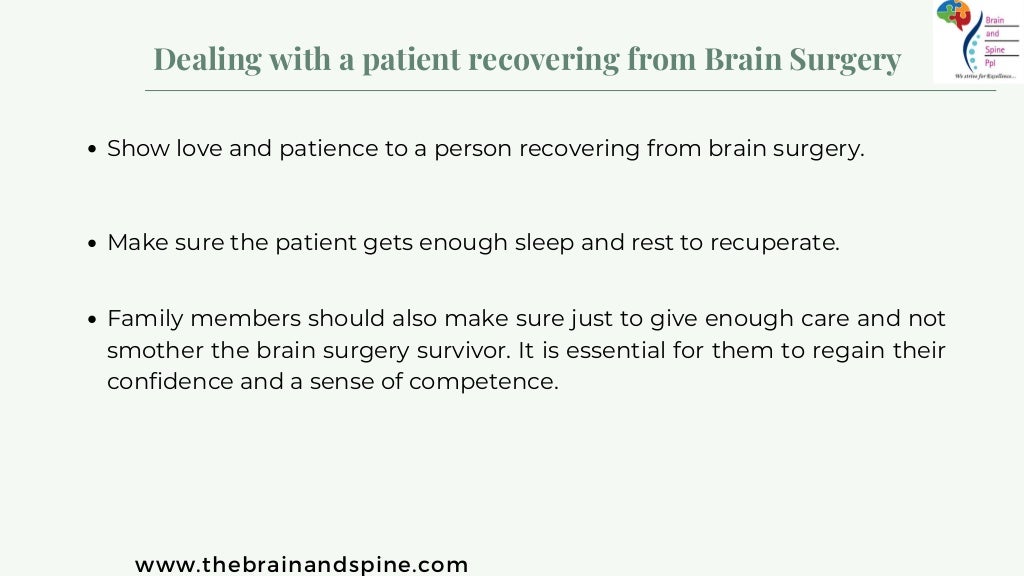
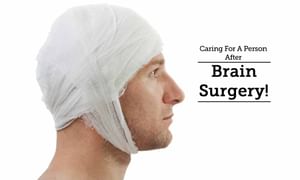

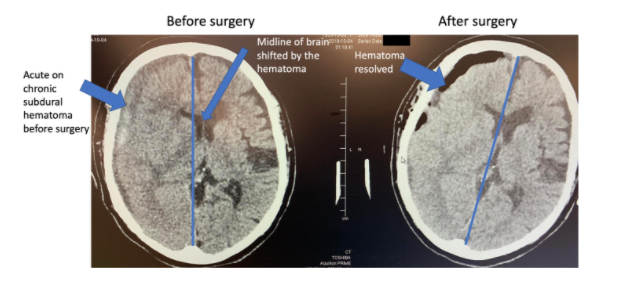


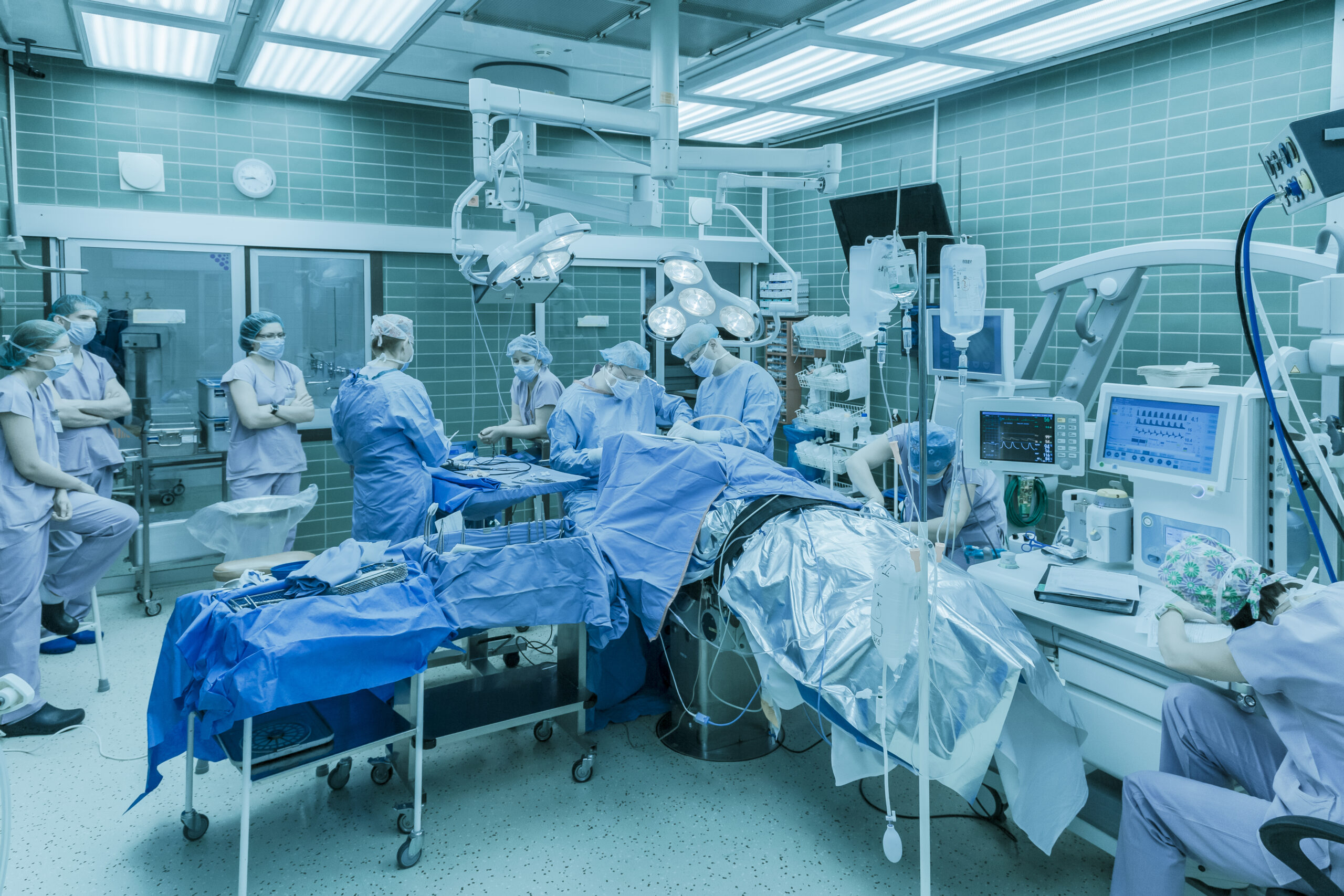

Closure
Thus, we hope this article has provided valuable insights into Hair Care After Brain Surgery: A 2025 Perspective. We thank you for taking the time to read this article. See you in our next article!